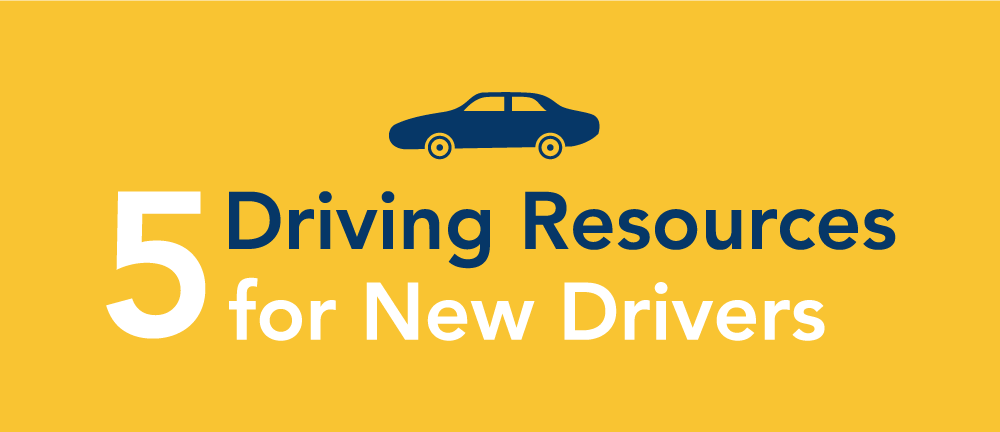5 Driving Resources for New Drivers in Illinois
The steps required for a new driver to complete driver education and obtain a license can be daunting – but they don’t have to be. We’ve compiled a list of important driving resources and information you will find helpful as you tackle the road ahead and work towards passing the Illinois driving test.
- Illinois Teen Driver Checklist
A Certificate of Completion issued by the Secretary of State is required for the student to test for his or her driver’s license when they are 16 years of age and have met all permit requirements. View and print the Top Driver Teen Driver Checklist, so you don’t miss a thing! - Grade Requirements for Teens
All teens in Illinois are required to maintain good standing at their school in order to be eligible for a driver’s license. A completed Student Grade Verification Form is required by driving schools within Illinois before a Certificate of Completion can be processed. - Driver’s License Processing
As you approach your final driving less with Top Driver it’s important to know what lies ahead. Once the last lesson is over and you’ve filed the paperwork, you can check the status of your Certificate of Completion request by visiting the Secretary of State website’s Driver’s Education Course Completion Checker. - “Life Goes On” Illinois Organ/Tissue Donor Program
The Illinois Secretary of State’s Office has made it a priority to educate the general public about
the benefits of organ/tissue donation. While our state continues to be the leader in registering potential donors, there are still many more people on waiting lists than there are available donors. To promote awareness about the importance of organ/tissue donation, the Secretary of State’s office provides resources for educating yourself and others about donation.
- Illinois Secretary of State Emergency Contact Database
The Illinois Secretary of State’s office established the Emergency Contact Database in July 2009. The database allows Illinois driver’s license, instruction permit, and ID cardholders to enter emergency contact information into a voluntary, secure database. In the event of a motor vehicle crash or other emergency situation when a person is unable to communicate directly, law enforcement may access the database to help them reach the person’s designated contacts.
Once You’ve Obtained Your Driver’s License
Achieving your driver’s license is not a small accomplishment, you’ve worked hard to get your license. You put the time into attending classes, driving with an instructor, the countless hours of driving with a parent or guardian, and you’re ready now more than ever to experience the freedom that comes with a driver’s license. Practice and experience will help you further refine those technical driving skills, but you should also keep up to date with driving law changes. Consider taking an online refresher course down the line, after all, you’ve just been handed a great deal of responsibility.
